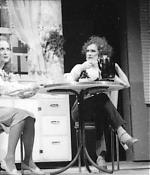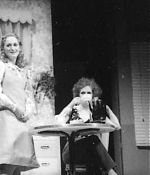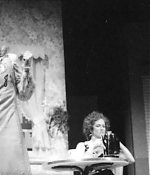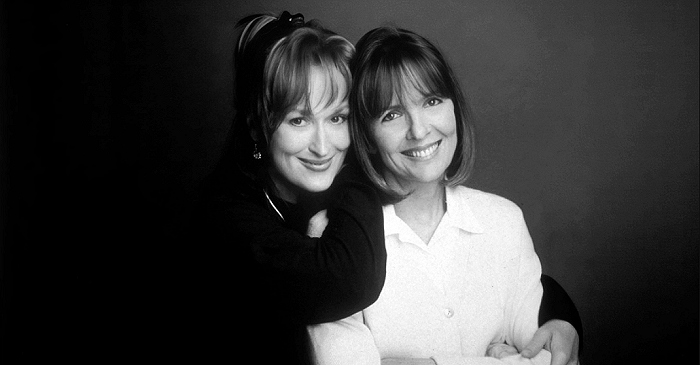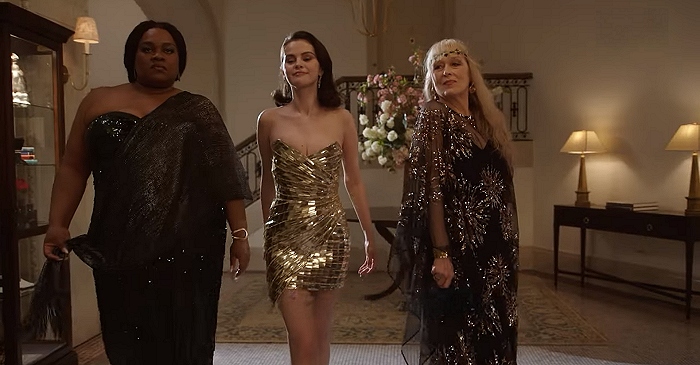|
Simply Streep is your premiere online resource on Meryl Streep's work on film, television and in the theatre - a career that has won her acclaim to be one of the world's greatest living actresses. Created in 1999, Simply Streep has built an extensive collection over the past 25 years to discover Miss Streep's body of work through thousands of photographs, articles and video clips. Enjoy your stay and check back soon.
|
Shaft of Love
March 28, 1975
· Yale Repertory Theatre
|

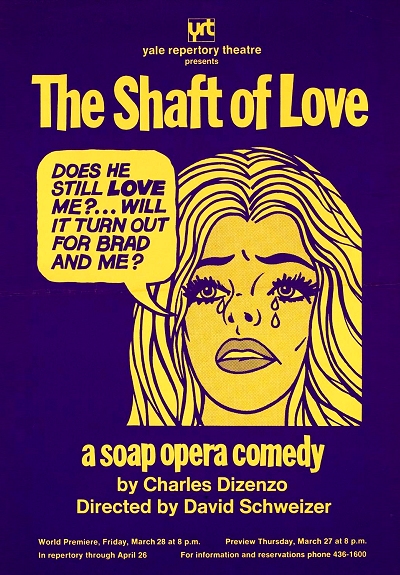
The New York Times wrote about the premiere: Despite his comic aspirations, the playwright ends as his own guilty victim. The play is pleasant and homey, almost like watching two hours of soaps and laughing at the silly lines. It is more homage than indictment. At yesterday’s matinee, the audience sat, comforted by memories, reassured, vocally and accurately predicting tag lines. As one woman said, “It’s so . . . typical.” And it is. The play is plot—a web of tangled relationships. Occasionally and deftly, the playwright pushes sentiment past absurdity, as when a nurse regrets, “Illness is a terrible thing—there’s so much of it at the hospital.” But this is no mad Mel Brooks assault on a genre. There is none of the comic hysteria of the recent Yale literary spoof, “The Idiot’s Karamazov.” The problem, of course, is how to parody self‐parody. The playwright’s answer is to write it almost straight, offer us smiles of recognition, and let the comment come from the actors. As in the last panel of a comic strip, or a Roy Lichtenstein picture, Kate McGregorStewart ends scenes with a bright, wide‐eyed stare, freezing a tear or a cackle. Blackout. Besides Miss McGregor‐Stewart, Meryl Streep, Jerome Dempsey, Elizabeth Parrish and Charles Levin are particularly adept at this italicized style of comic performance.


